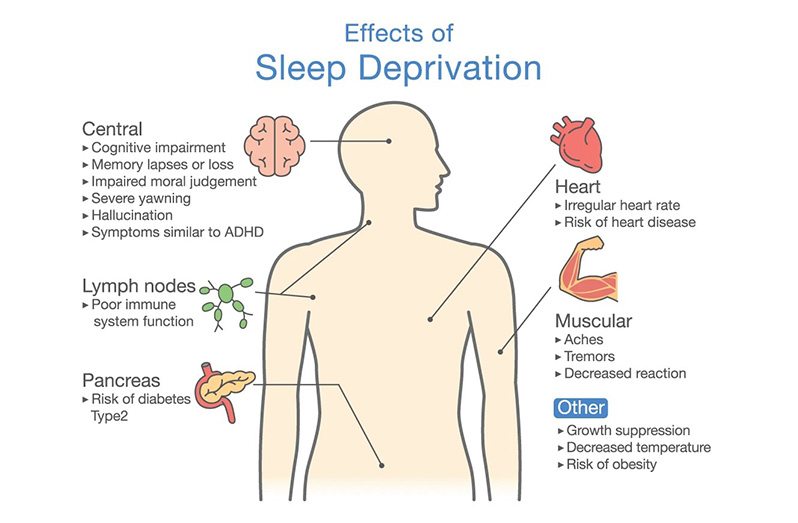SLEEP is an essential biological component of life. There’s no debate about whether or not human beings need sleep, because our bodies are dependent upon it to function. Sleep, in its non-biological definitions, can mean different things for everyone. I often think of sleep as my escape from the realities of life—where my body and emotions can regulate and rejuvenate. You’d often hear about abusers using money, food or shelter as a means to control. Have you ever considered that something as vital as sleep is often used as well?

The lack of sleep or sleep deprivation can sometimes be used as a form of manipulation or abuse. Most abusers or manipulators are aware of the importance of sleep and its depleting effects on the body. Unfortunately, we hardly ever hear about how this is used as a tactic for controlling victims, but I want to dedicate my column piece this week to enlightening you more on it.
In the simplest ways, manipulation and control tactics can be hidden and used. Sleep deprivation creates high levels of dependency. Without it, you’re unable to make certain decisions because deprivation affects our cognitive abilities. As such, when you’re sleepy and exhausted, you may be more prone to manipulation, and by extension, you will be more prone to follow directives from the “rested” party. From the supervisor who demands late-night or early-morning responses to the partner who waits until you’re sleepy to argue, the tactic often remains the same. It is done to exhaust or tire you so that you’re unable to process information clearly, and you’re more easily distracted or more likely to comply.
A manipulator or abuser does not have to raise their voice or even choose violence. Instead, they can simply ensure you do not have enough sleep at the end of the night or day. Control is being maintained with no high alert from outsiders. When someone expresses how tired they are, or how sleep-deprived they are—how often do we consider that it might be a form of manipulation done by their partner, parent or family? Someone’s exhaustion becomes advantageous to another person, allowing that “rested” individual to have control over the “unrested.”
I would like to emphasise that in some households, sleep is highly valued and encouraged. In fact, sleep can be so sacred for some—any noise or interactions in the house are only entertained once everyone is wide awake. I’ve always admired this type of dwelling amongst family members. In contrast, some households use sleep as a means to control or even shame others. Children are sometimes hastily woken up if they sleep in on weekends, or people are shamed and called names for prioritising rest in their households. Something so vital to our overall health should not be seen as a privilege—it should be seen as a necessity. Anyone who tries to take that necessity away from you through coercion, cultural pressure, guilt or shame can be using this necessity to manipulate you. Like other forms of abuse that are often more visible or verbalised, I hope we seriously consider and understand how sleep deprivation can be used as a tool of control. It is a slow degradation of one’s willpower and is often confused as “family issues” or “work culture.” Sleep is essential to human life, and if any action towards you suggests otherwise, stay clear of those people and their motives. Your “zs” are essential and do not let anyone tell you otherwise.



.jpg)










